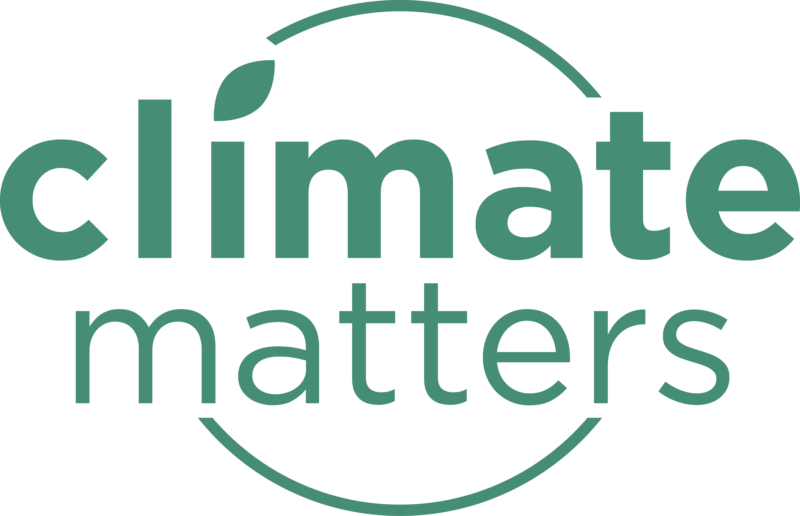Study of the month: Communicating Climate Futures
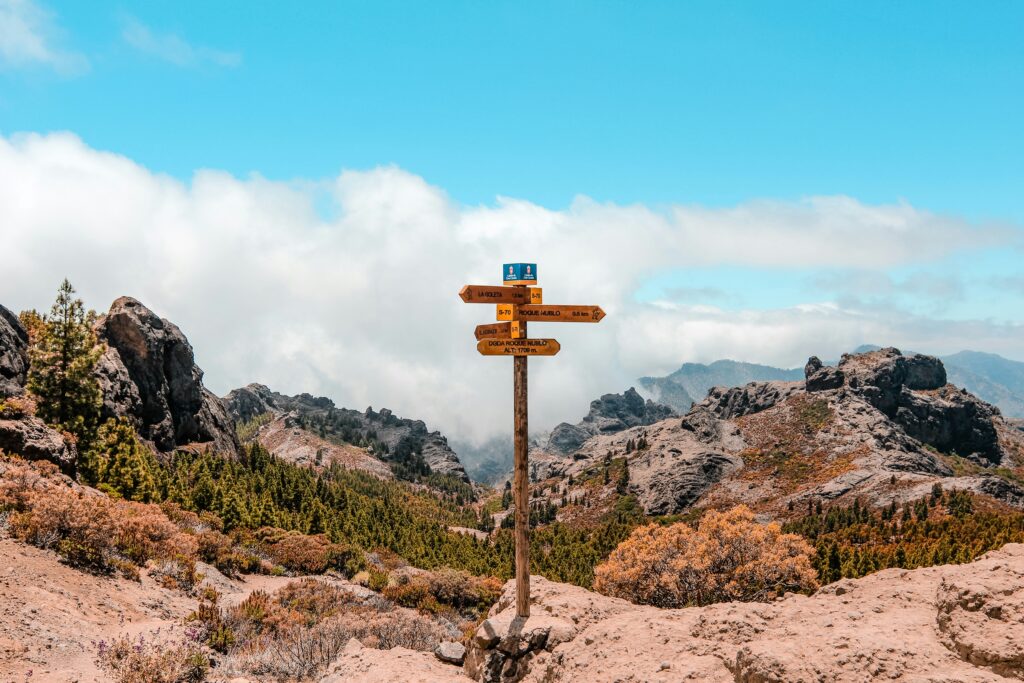
Despite the IPCC’s ongoing efforts to communicate its findings more simply and effectively, the general public still lacks understanding of the IPCC’s work. Bridging actors like journalists are essential for conveying scientific information — especially for highly contextualized issues such as the model climate scenarios at the core of the IPCC’s reports. This raises the question of […]
Rezension: “Eine neue Geschichte der Zukunft – Wer wir sind. Wo wir herkommen. Wer wir künftig sein können.”
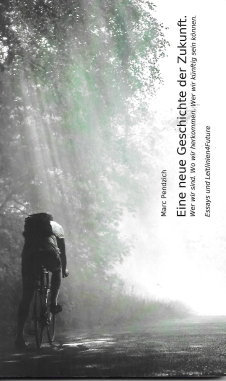
Wie schaffen wir es, die Ressourcen und damit das Klima zu schützen? Was ist das Kostbarste, was wir Menschen haben können, um glücklich zu sein? Und in welchem Zusammenhang stehen beide Fragen? Das Buch „Eine neue Geschichte der Zukunft – Wer wir sind. Wo wir herkommen. Wer wir künftig sein können.“ versucht, darauf eine Antwort […]
Rezension: “Klimaschutz ist Menschenschutz” – Wirksame Medizin gegen Ratlosigkeit in Klimafragen
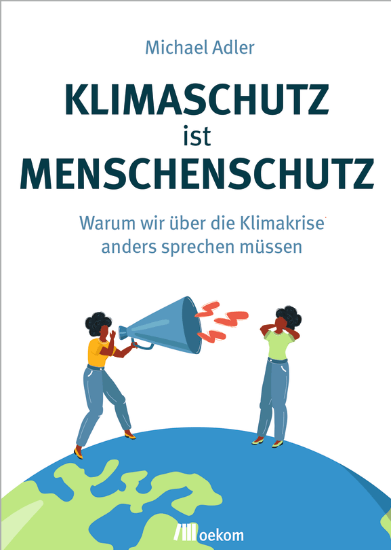
“Man wird Dinge niemals verändern, wenn man gegen die existierende Realität ankämpft.“ So beginnt ein Zitat von Buckminster Fuller, einem US-amerikanischen Architekten und Philosophen. Das vollständige Zitat steht aber auch am Anfang des Buches ‘Klimaschutz ist Menschenschutz’ vom Journalisten und Kommunikationsexperten Michael Adler, das 2022 im Verlag oekom erschienen ist. Und Fullers Aussage trifft den […]
Can Art Make (Climate) Models Better?
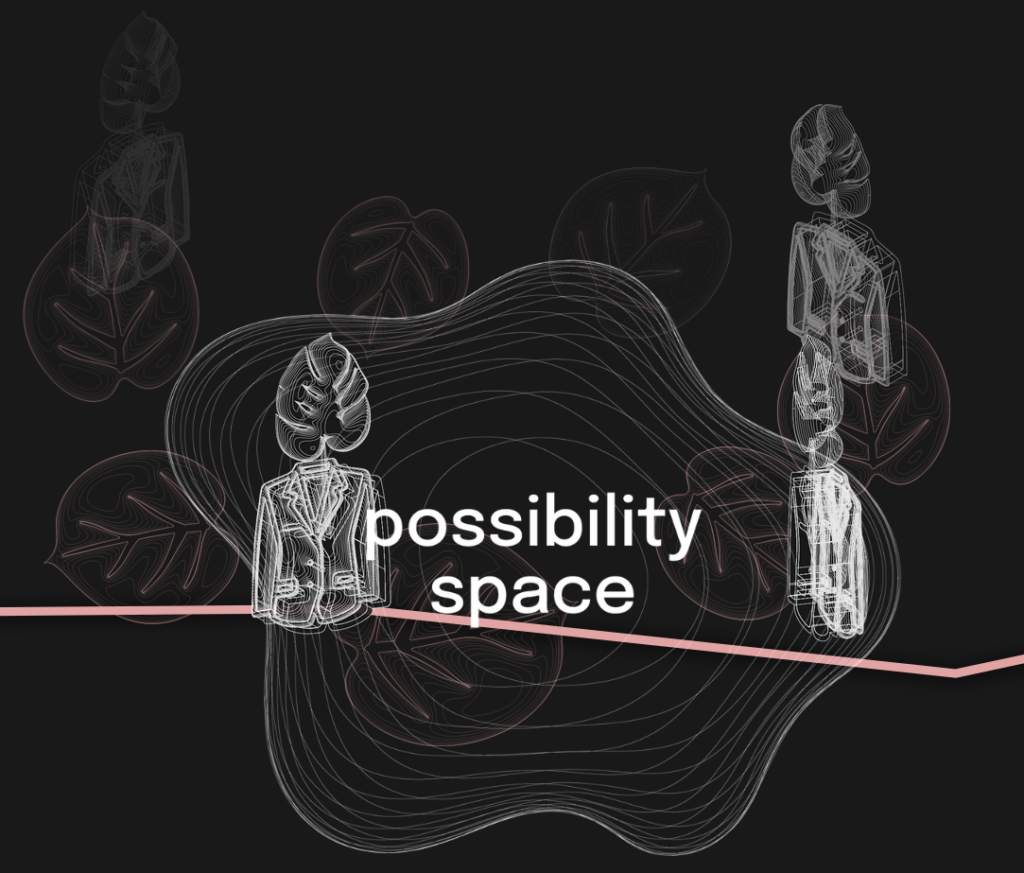
How do we think about climate futures ahead of us? Different actors tend to use different tools for that. The stream of weather catastrophes in the news media suggests a rather gloomy future. Some recent novels try to paint a more optimistic picture of the decades ahead (see our post on this). International climate politics, […]
RCP-8.5: Business-As-Usual or Unrealistic Worst-Case? The contested interpretation of climate change scenarios
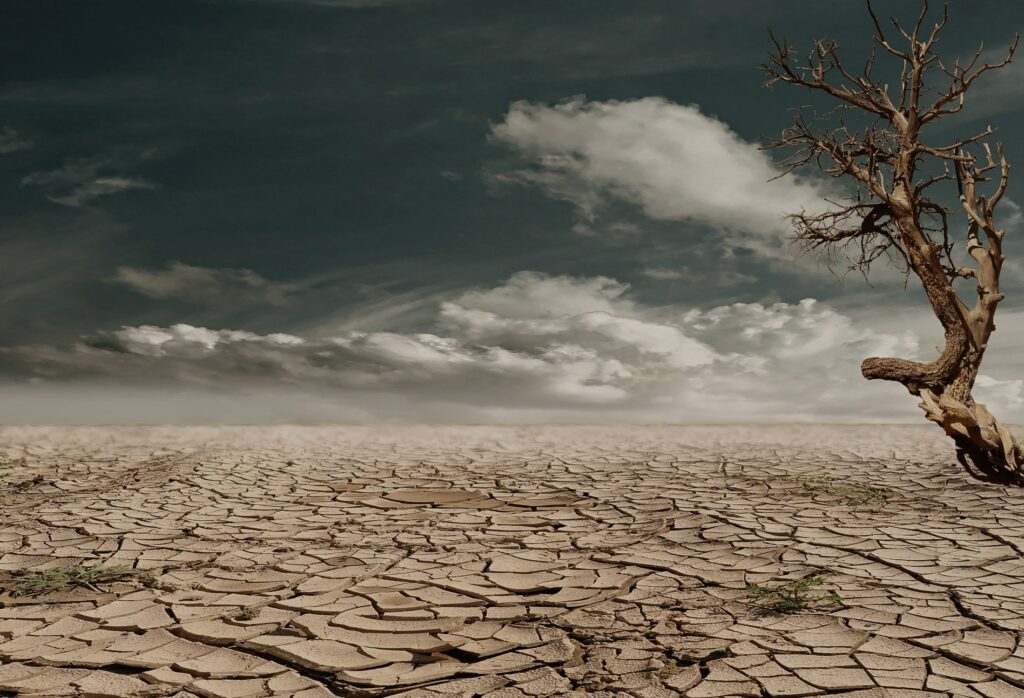
RCP-8.5 is not only the arguably most popular climate change scenario, it is also often framed in a very specific manner: as the business-as-usual trajectory that humanity is on if no climate change policies are adopted. For an academic discipline that actively tries to be policy-relevant, climate science in the context of the IPCC is […]
Climate Change in Pop Culture Part 3: alternative and independent music
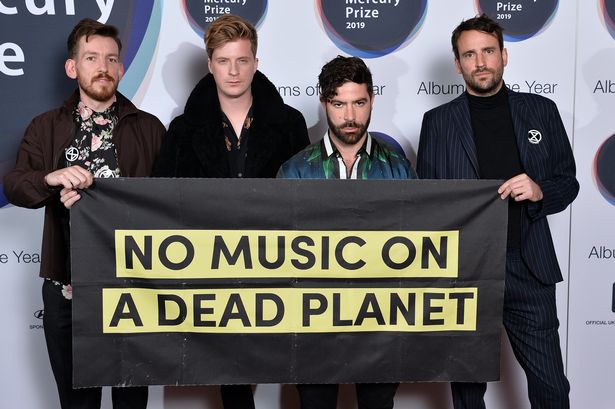
Following up on our series about climate change in pop culture (read part 1 about young adult novels and part 2 about pop songs), here are some more examples of songs dealing with the topic of climate change. This time, we focused on independent and alternative music. Climatization in pop culture Through climatization, a process […]
How do climate change documentaries imagine the future? A video commentary
Documentaries are one way of presenting the problems climate change poses, but also possibilities for a better future, to a broad audience. In this video, our team member Shorouk Elkobros, now Science Communication Consultant at the European Science Foundation, compares the approach and framing of different climate documentaries. Have fun watching it – but be […]
Why we need airtravel for an accurate weather forecast

Flying is bad for the climate – this is an uncontested fact. However, air traffic is necessary for weather forecasts, as airplanes send live data to weather stations. COVID-19 has caused a massive decline in air travel, hereby affecting the quality of weather forecasts.
Is the Corona Crisis good or bad for the climate?
A few days ago, at the end of March, it snowed! Having never experienced snow this late in Hamburg and with the knowledge that 2019 was the second warmest year on record after 2016, my first thought was: this must be the direct cooling effect due to the COVID-19 induced industrial shutdown. I felt a […]
What would you miss the most?
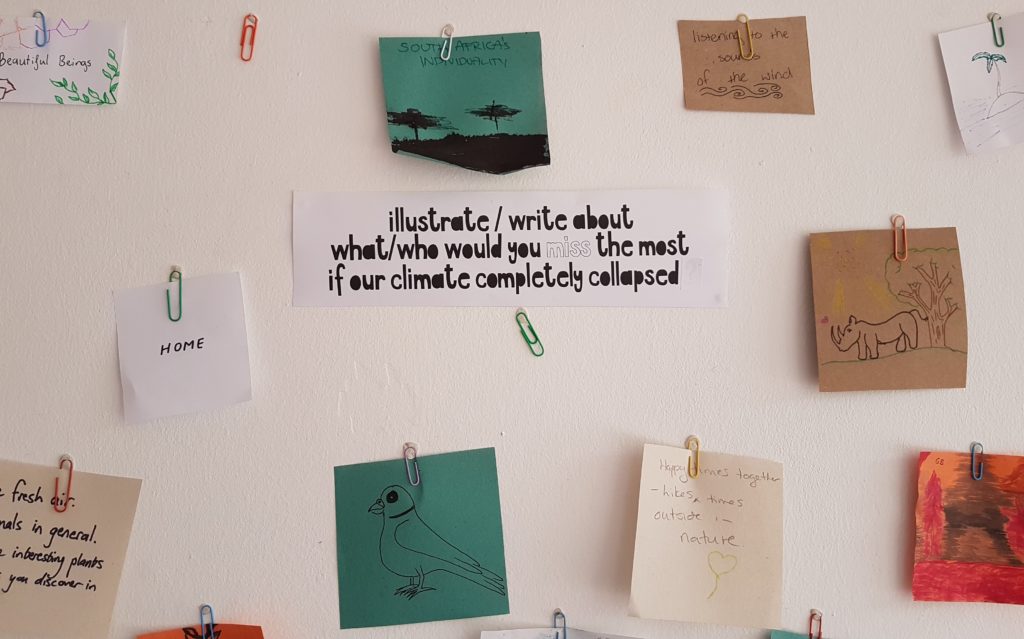
Interactive visual arts project on climate change consequences During my research stay in Stellenbosch, South Africa, I came across an interesting arts project on climate change, which was installed during the cultural festival “Woordfees”. A note on the wall invites onlookers to participate: to illustrate or write about what or who they would miss the […]
